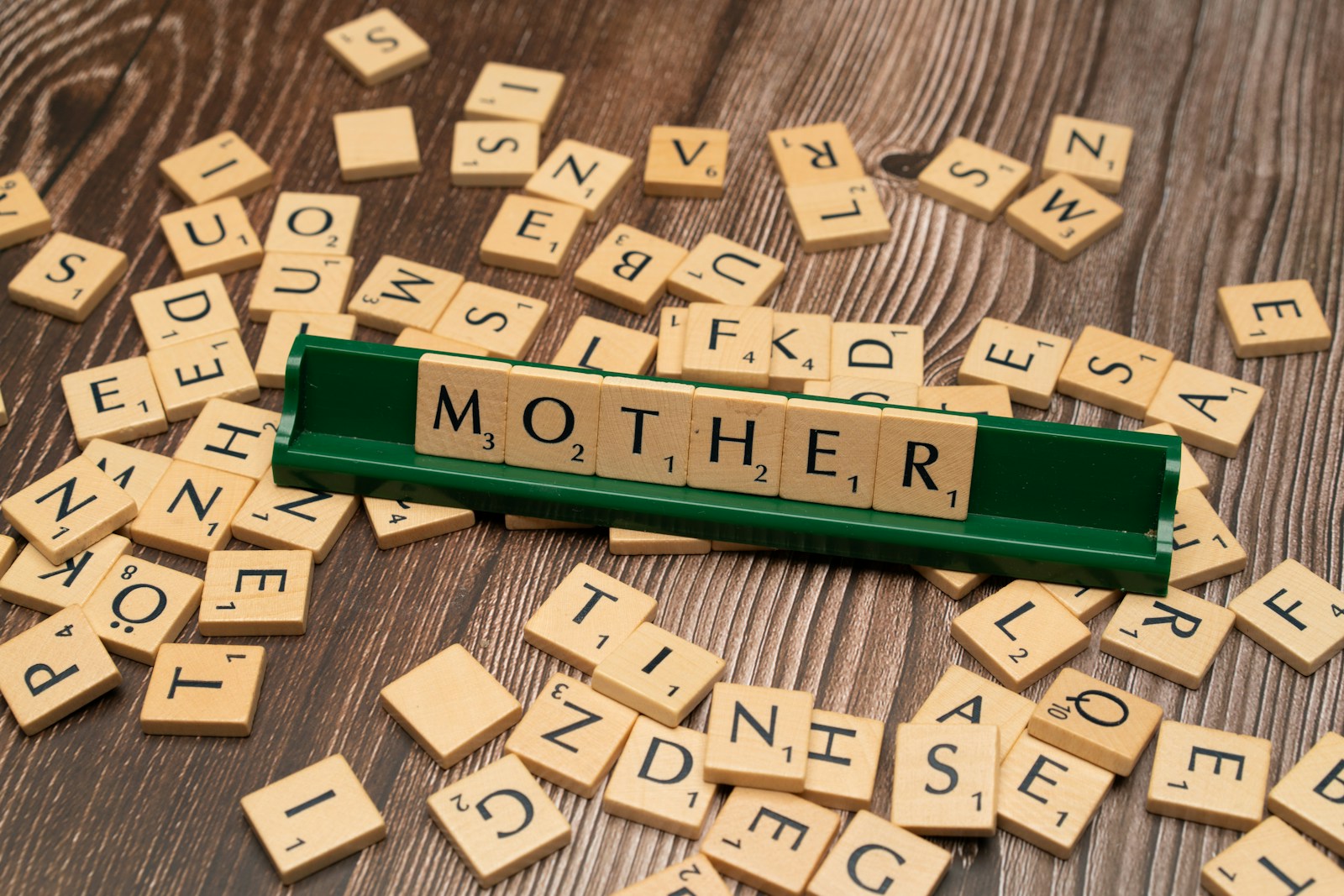Bombay High Court Upholds Mother’s Right To Custody After Father’s Death: A Humanitarian Reinforcement Of Guardianship Law

Introduction
The Bombay High Court, Aurangabad Bench, in Parvati Swati v. Vyankat & Anr. (Writ Petition No. 6529 of 2025), delivered on July 15, 2025, by Justice S.G. Chapalgaonkar, reaffirmed the supremacy of a mother’s right to custody following the father’s death. Rooted in the provisions of the Hindu Minority and Guardianship Act, 1956, the decision emphasizes that the welfare of the child is the paramount consideration, surpassing all legal formalities and emotional claims.
This ruling stands as a compassionate yet firm reminder that while grandparents may offer love and stability, the mother, as a natural guardian, holds the inherent right and responsibility to nurture and guide her child unless she is proven unfit.
Table of Contents
Background
The petitioner, Parvati Swati, married late Vitthal Shinde in 2018, and the couple had a daughter, aged five and a half years at the time of litigation. Their marriage, however, dissolved by mutual consent on July 30, 2024 as per decree under Section 13B of the Hindu Marriage Act. Under the divorce decree, custody of the minor child was granted to the father, while the paternal grandmother gave an undertaking to the court that she would help raise the child.
Tragedy struck when the father passed away on January 5, 2025. The child remained with her paternal grandparents, who soon filed Civil Misc. Application No. 02 of 2025 before the District Judge, Mukhed, seeking to be appointed as guardians. The mother, on the other hand, filed Civil Misc. Application No. 04 of 2025, asserting her right to custody, along with an interim custody application.
The District Judge rejected her interim custody plea on April 22, 2025, prompting her to move the Bombay High Court under its writ jurisdiction.
Legal Issue
The central legal issue before the Court was whether the paternal grandparents could claim custody of the minor in preference to the mother after the father’s demise.
Justice Chapalgaonkar turned to Section 6(a) of the Hindu Minority and Guardianship Act, 1956, which explicitly provides that in the case of an unmarried minor girl, the father, and after him, the mother, is the natural guardian. The provision also clarifies that for children below five years, custody shall ordinarily be with the mother.
Thus, the statutory presumption clearly favors the mother, barring any evidence of her incapacity or adverse interest. The Court emphasized that guardianship laws are not meant to reward or punish parents but to protect the child’s welfare as the supreme objective.
The Mother’s Plea
The petitioner’s counsel, Mr. S.R. Bagal, argued that as the surviving parent, the mother’s legal right to custody was paramount, subject only to the child’s welfare. He asserted that the grandparents, though affectionate, were elderly and suffered from health issues. They lived in a rural area with limited access to quality education, whereas the mother resided in Nanded, a city offering better schooling, healthcare, and emotional stability for the child.
He further contended that the mother had not abandoned the child, but had consented to custody being given to the father at the time of divorce due to her lack of income and dependence on her parents. Her circumstances had since changed, she was now financially stable, engaged in business, and capable of taking full care of her daughter.
Reliance was placed on key judicial precedents such as Tejaswini Gaud & Ors. v. Shekhar Jagdish Prasad Tewari & Ors. (AIR 2019 SC 2318), Vivek Kumar Chaturvedi & Anr. v. State of Uttar Pradesh & Ors. (2025 (2) JT 296), and R. Munuswamy & Anr. v. J. Raja (Madras High Court, 14 September 2023), which collectively reaffirm that a natural parent’s custody can only be denied when the parent is demonstrably unfit.
The Grandparents’ Arguments
The respondents, represented by Mr. U.B. Bilolikar, contended that the mother had practically deserted the child post-divorce and that the minor had developed deep emotional ties with the grandparents, having lived with them for almost four years. They maintained that the child was happy, well-settled, and comfortable in their care and had expressed hesitation about living with her mother during a court interaction.
The respondents argued that uprooting the child would cause emotional trauma and disrupt her stability. They also relied on the Supreme Court’s judgment in Nirmala v. Kulwant Singh & Ors. (AIR 2024 SC 2344), which highlighted the importance of continuity and stability in a child’s environment.
Court’s Analysis
Justice Chapalgaonkar carefully weighed both sides, reiterating that the welfare of the child must always remain the paramount consideration. While recognizing the love and commitment of the grandparents, the Court held that their affection could not override the mother’s statutory and natural right of guardianship.
The Court observed that the mother’s earlier decision to leave custody with the father did not amount to abandonment. At that time, she lacked financial independence, but the situation had since changed materially. Now self-sufficient and capable of providing both emotional and educational support, she was well-positioned to ensure the welfare of her daughter.
Referring to Vivek Kumar Chaturvedi (2025), the Court noted that grandparents, despite their affection, cannot claim a superior right of custody over the natural parent. Similarly, in Gautam Kumar Das v. NCT of Delhi & Ors. (2024 AIR SC 4029), the Supreme Court underscored that a parent capable of providing education and stability is best suited to raise the child, even if relatives have previously cared for the minor.
In light of these principles, the High Court found no material to suggest that the mother was unfit or incapable. On the contrary, depriving a young girl of maternal care could adversely affect her emotional and psychological growth.
Judgement
Setting aside the order of the District Judge, the Bombay High Court allowed the writ petition in terms of prayer clause (C), thereby granting custody of the minor girl to the mother, subject to visitation rights for the grandparents. However, displaying empathy towards the grandparents, the Court permitted them to visit the child on Saturdays and/or Sundays between 10:00 a.m. and 6:00 p.m. and to spend time during festivals and birthdays.
During school vacations such as Diwali, Christmas, and summer breaks, the Court allowed the grandparents to apply for temporary custody, subject to the District Judge’s directions. The observations were made specifically for interim relief, and the final decision on permanent custody was left to the District Court. The respondents’ request for a stay on the High Court’s order was declined.
Conclusion
This judgment is more than a procedural decision; it is a humanitarian reaffirmation of the essence of guardianship law. Justice Chapalgaonkar’s reasoning harmonizes statutory interpretation with compassion, ensuring that law does not lose sight of the human heart behind it.
By emphasizing the mother’s role as the natural guardian while still preserving the child’s bond with her grandparents, the Court achieved a sensitive balance between legal right and emotional reality. The decision aligns with the broader judicial philosophy seen in Tejaswini Gaud and Gautam Kumar Das, where the courts have prioritized the child’s holistic welfare over formal or sentimental considerations.
In the author’s opinion, this ruling is a welcome affirmation of modern judicial reasoning one that recognizes the evolving dynamics of family relationships while holding steadfast to the principle that a mother’s care is irreplaceable. The judgment stands as a guiding precedent in custody matters involving deceased parents, reminding the legal fraternity that welfare, compassion, and justice must always coexist.
For more details, write to us at: contact@indialaw.in
By entering the email address you agree to our Privacy Policy.



